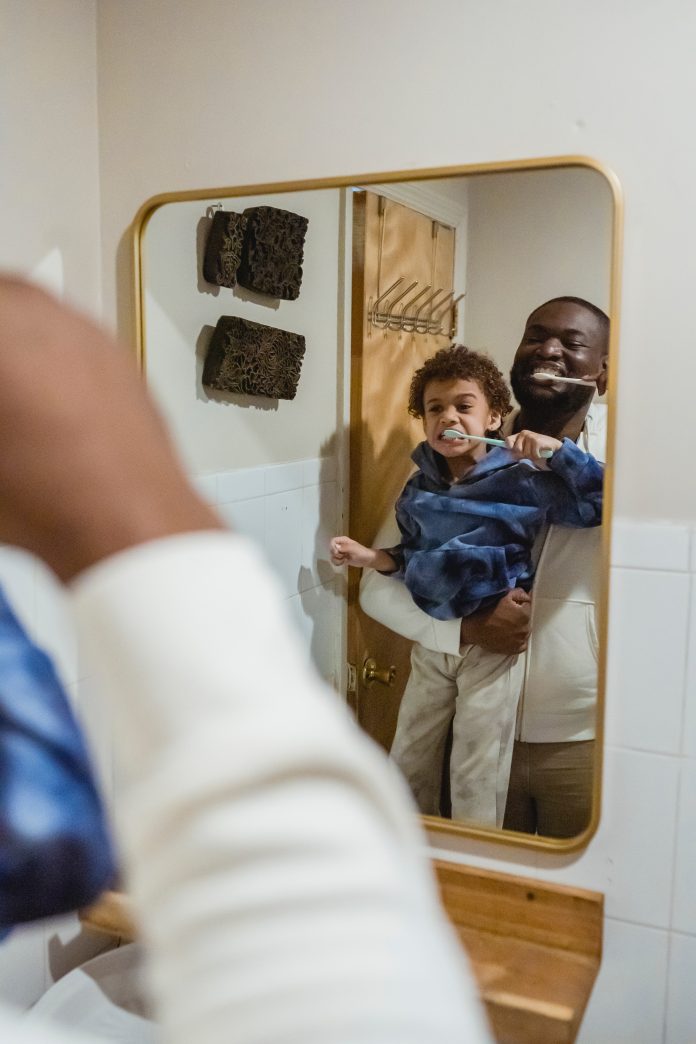
By
Little did I realize that as a boy, I was being passed an invisible baton at different stages of my life that would grow to become what I hope will one day be my legacy.
My early memories of how it was passed to me revolve around my mother. She loved education, reading, and especially the power of the written and spoken word. I recall in her hands Langston Hughes’ poem “Mother to Son.”
She read and recited it to me. As I matured, I realized that this “baton” represented the resilience that I would need to persevere when the trials and tribulations of being Black and male would appear.
My parents, family elders, concerned neighbors, fictive kin, loving teachers, and “OG’s” passed a baton regularly as I grew from boy to man in Philly. It was often initiated by the statement, “I see something in you that you don’t see in yourself.” It was the baton of belief. Knowing that others whose opinions mattered thought well of me gave me a standard to uphold.
Knowing that others whose opinions mattered thought well of me gave me a standard to uphold.
Through these individuals — and in community with those I valued and who valued me — I learned time-tested rituals and traditions that I am committed to keeping alive.
Today, I fear that such traditions have been marginalized, deemed irrelevant, disintegrated, or have been altogether forgotten.
Malidome Some, an African writer and spiritual leader powerfully stated “that where rituals are absent, the young men are restless or violent, there are no real elders and grownups are bewildered.”
The future is dim without the legacy baton of respect being passed. Without the practice of passing what is sacred from one generation to another, the prospect of having a Beloved Community, about which Dr. Martin Luther King, Jr. visioned, cannot be realized.
When the legacy baton is passed, a collective community is actualized. The village that is required to raise children into strong adults is preserved and strengthened, and all that is needed to serve as the incubator for the positive growth and development across the youth’s lifespan — social, emotional, spiritual, and academic development — is available and sustained. The community benefits.
And ultimately, when the social justice and equity baton is passed and received with integrity across boundaries that now divide us, the whole of society benefits. As it stands, there are gaps along the way. When the legacy baton is dropped or not passed with sincere integrity of purpose at any stage, the impact is that we all lose, as a society, including generations of those yet unborn.
Without the practice of passing what is sacred from one generation to another, the prospect of having a Beloved Community cannot be realized.
Legacy matters. It matters as a tradition of hope in the present, and it undergirds us in stewarding a future that remains unseen. Legacy is the protective envelope that holds the stories, rites of passage, and elements for freedom dreaming. During this time of year, many of us are introspective as we evaluate where we’ve been as we embark on a new year.
I hope that I have fashioned a legacy of service, education, and determination, forged by family, friends, mentors, and others who reminded me, as did my mother, to never turn back. Moreover, I also hope that my deep faith in the Most High and in the call that was placed in my spirit from birth is evident.
Finally, it is my hope that this notion of passing a legacy baton will inspire, remind, and exhort people, especially those who are concerned about the current state of society.
Now is the time to look into the mirror and ask essential questions of our collective selves. Why does legacy matter? How can the passing of legacy batons change and alter the course that we are currently on for the better?
When legacy baton passing becomes a collective, communal act, success stories emerge. These success stories will become the narrative for the freedom-dreaming possibilities that emerge into a new generation of healers, inventors, builders, educators, etc.
We see horrific evidence of what happens when the baton is dropped, and there is no proverbial village. An absence of a sense of place and a lack of belongingness is rampant when we become indifferent, disinterested, or cynical. The African proverb “The child who is not embraced by the village will burn it down to feel the warmth,” is true.
These success stories will become the narrative for the freedom-dreaming possibilities that emerge into a new generation of healers, inventors, builders, educators, etc.
When the members of the Village (city, state, nation, and world) see the evidence of authentic and sincere baton passing as an act of love, respect, tradition, and future, I envision a bold and bright future strengthened by the wisdom of the elders and the energy of the young.
There is pain before progress. So surely given the pain of the last few years, especially, progress is imminent. A conscious ritual of passing the legacy baton must take hold as an ingrained habit. As the young folks say, let’s normalize it.
Now is the time for intergenerational conversations where we listen to the wisdom of the griots among us and use the technology that can connect us more powerfully and globally than ever before so that we move swiftly from pain to the promise that is at hand.


